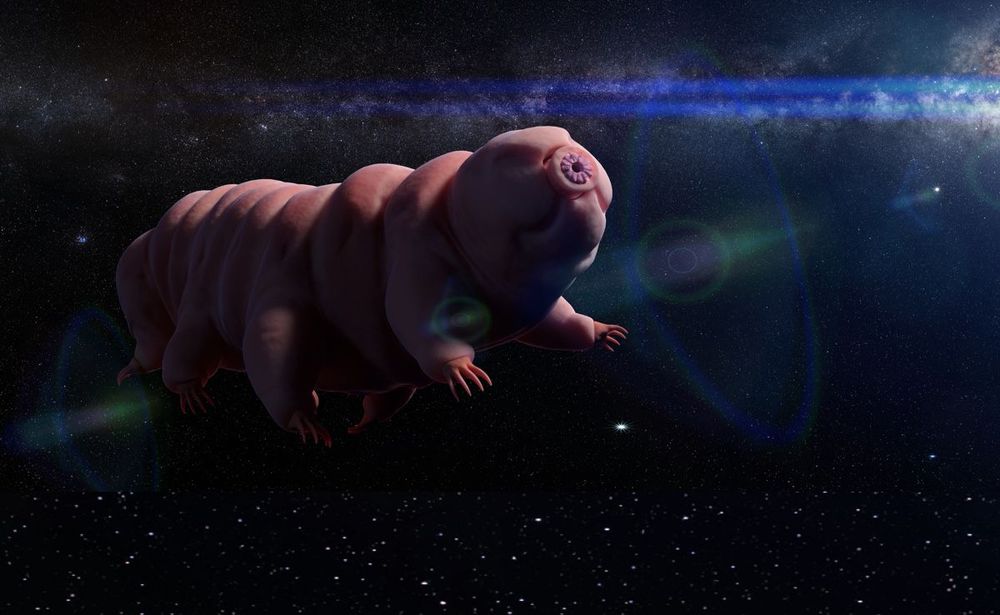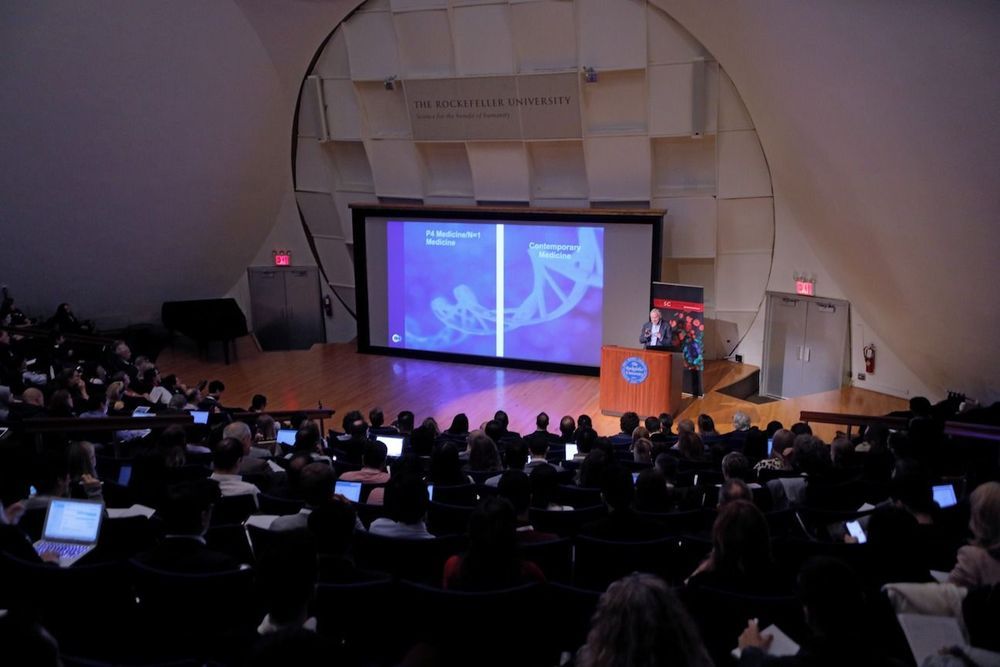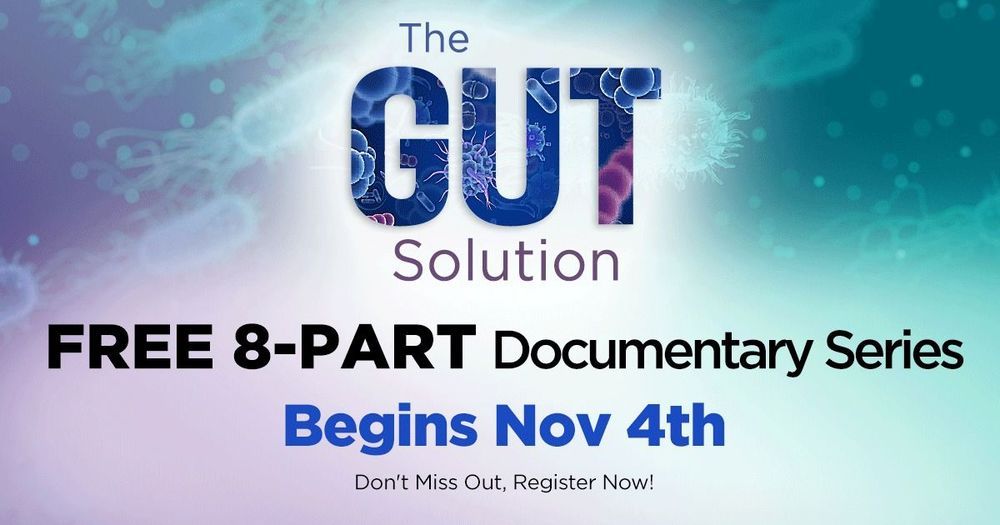Immunoglobulin anyone??? r.p.berry & AEWR.
Increased demand — along with the time it takes to manufacture the lifesaving immune globulin medicine — has led to limited supplies.


SOME Geneticists scare the hell out of me??? AEWR.
Will we one day combine tardigrade DNA with our cells to go to Mars?
Chris Mason, a geneticist and associate professor of physiology and biophysics at Weill Cornell University in New York, has investigated the genetic effects of spaceflight and how humans might overcome these challenges to expand our species farther into the solar system. One of the (strangest) ways that we might protect future astronauts on missions to places like Mars, Mason said, might involve the DNA of tardigrades, tiny micro-animals that can survive the most extreme conditions, even the vacuum of space!


In 2006, Shinya Yamanaka, MD, PhD, made a discovery that revolutionized biomedical research and earned him a Nobel Prize. His lab found that stem cells, the body’s ‘building blocks,’ can be made from just a small sample of skin. These cells, called induced pluripotent stem cells (iPSCs), have changed the way we research disease, bringing us closer than ever to cures — Dr. Yamanaka’s (and NYSCF’s) ultimate goal.
“I am doing whatever it takes to bring this technology to patients,” remarked Dr. Yamanaka, in his keynote address at the 2019 NYSCF Conference. “When I was training as a young surgeon, my father passed away. I couldn’t do anything to help him, and that had a huge impact on me. I truly believe that it is science that will help patients suffering from intractable diseases.”
During the 2019 NYSCF Conference held at The Rockefeller University on October 22–23, over 500 researchers, students, and thought leaders shared their latest findings in translational stem cell research, highlighting how stem cells are being used to illuminate disease mechanisms, discover new therapies, and advance precision medicine.
Scientists have discovered yet another life-giving treatment for disease using adult stem cells, while the number of substantial medical breakthroughs from life-taking embryonic stem cell research remains essentially zero.
Neuromyelitis optica (NMO), also known as Devic’s disease, causes the immune system to react against the body’s own cells in the central nervous system, particularly the eyes and spinal cord. Those who contract the disease usually lose their eyesight and ability to walk within five years.
Stem cells are the body’s cell factories, aiding in growth and damage repair. In a study published Oct. 2 in Neurology, researchers from Northwestern University and the Mayo Clinic tested a new adult stem cell treatment on 12 people with NMO. They drew hematopoietic stem cells (also known as blood stem cells) from the patient’s bone marrow or blood. Then they used chemotherapy to shut down the patient’s malfunctioning immune system. When they transplanted the stem cells back into the patient’s body, the immune system restarted from scratch.

This 16-year-old high school student from Iloilo went viral after discovering the properties of Aratiles fruit or Sarisa that can cure diabetes.
The young Filipina scientist was identified as Maria Isabel Layson, was one of the winners of the 2019 National Science and Technology Fair (NSTF), that was held last February.
She was also one of the 12 candidates sent to the International Science and Engineering Fair in Phoenix, Arizona USA to represent the Philippines in one of the biggest pre-college science research competition in the world and was the first in her batch to receive Gokongwei Brothers Foundation Young Scientist Award.

In a classic episode of an old-school TV comedy called I Love Lucy, we see Lucille Ball stepping into an assembly line job at a candy factory. As the pace of the conveyor belt exceeds her ability to wrap the candy, the frenzy gets the best of her. She shoves candy into her pockets, into her hat, into her mouth—it’s a job fail.
As we know, faster doesn’t always mean better. And precision can take a big bite out of speed.
Sometimes, though, innovative minds come up with a new strategy that improves both efficiency and precision.
Purified cannabidiol reduces seizures in patients with severe epilepsy, study shows.
